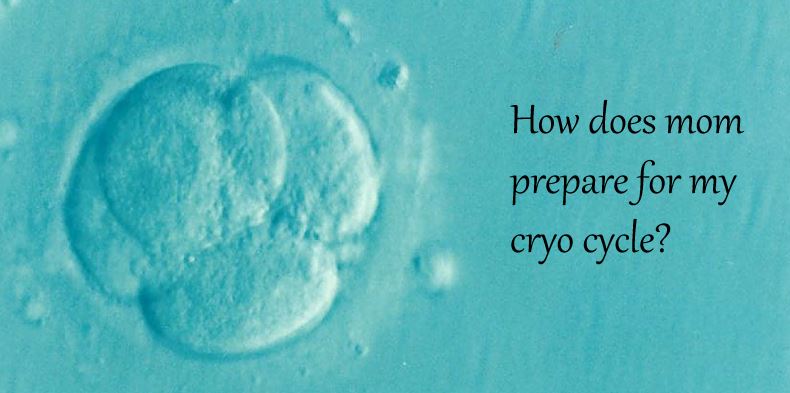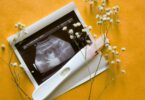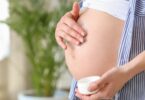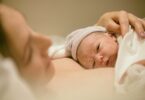In a so-called cryo cycle, an embryo frozen as an egg cell, inseminated egg cell, or already frozen as an embryo, is transferred into the uterine cavity either in a natural cycle or after hormonal stimulation.
Depending on the type of cryopreservation and the type of cells frozen, it is possible to achieve pregnancy rates that match those of a “fresh cycle”. More recent scientific observations even indicate that the chances of pregnancy in the cryo cycle may be superior to that of a fresh cycle.
Neglected mother-to-be
Even though cryo cycles are therefore performed more and more frequently, they somehow belong to the treatment methods receiving less attention in terms of preparation of the mother-to-be. Many doctors feel that the embryo is merely “returned” and that success of the procedure will predominantly depend on the embryo’s quality.
However, many experts are convinced: This attitude is a mistake, because it does not sufficiently consider the second partner in the treatment, the future mom!
These pundits are sure: The health and wellbeing of the woman at the time of the cryo cycle contribute significantly to successful embryo implantation and development.
Therefore, the patient is advised to prepare for the cryo cycle by sticking to a healthy lifestyle and nutrition.
Folic acid
Importantly: Just like any other woman before pregnancy, she should make sure she gets enough folic acid. Supplementing at least 400 µg per day, better 800 µg, is recommended.
Nutrition
Crucial for successful implantation of the embryo is the endometrial lining. It should exhibit two layers (visible in ultrasound by three distinct lines) and an appropriate thickness >7 mm.
In addition to hormonal medication, every woman can contribute herself to support healthy endometrial build-up and implantation.
A relatively new study from 2016 indicates the importance of nutrition. The scientists were able to demonstrate that a diet rich in whole grain (app. 30 g whole grain per day) was associated with improved endometrial build-up and increased pregnancy rates (Gaskins et al, 2016).
Hydration
Proper perfusion seems to be important for embryo implantation as well. In addition to medication (e.g. aspirin), it is therefore important to make sure to drink enough (at least 2 l per day).
Vitamin D
Adequate vitamin D- supply seems to be crucial for building up of healthy endometrium as well (Lerchbaum 2014). Given that many women do not reach the recommended levels (particularly during the winter months), supplementation of vitamin D prior to embryo transfer is advisable. Kindly be aware that high dosages should not be used if there is no real deficiency, as overdose may be problematic as well. Preparations containing 100 % of the recommended daily dosage present as the best choice.
Science has also shed light on the effects of other micronutrients.
Vitamin E
A study from 2012 showed that supplementing vitamin E resulted in improved endometrial features (Cicek et al, 2012).
Vitamin B-complex
Additional studies point at the importance of the B-vitamin complex. For example, concentration of vitamin B12 in blood was associated with higher life birth rates after IVF (Gaskins et al, 2015) and adequate supply with niacin (vitamin B3) has been found to be important as well (Shi et al, 2017). Especially women with high BMI, diabetes or inflammation often do not reach the recommended levels (Baker et al, 2002). Vitamins B6 and B12 contribute to healthy homocysteine levels, thus improving healthy blood perfusion.
Vitamin C
Vitamin C belongs to the water-soluble antioxidants. A new review article by the renowned Cochrane Institute from 2017 showed the benefit of good antioxidant status for subfertile women (Showell et al, 2017).
Summary
In summary, it is recommendable to stick to a healthy lifestyle and nutrition prior to a cryo cycle with a focus on drinking enough and consuming whole grain products. In addition to that, it is important to supplement at least folic acid. Medically sensible is also the supplementation of vitamins B, C, D, and E. According to studies, this may have a benefit and in sensible dosages, no negative side effects are to be expected.
References
Baker et al: Vitamin profile of 563 gravidas during trimesters of pregnancy. J Am Coll Nutr 2002; 21: 33-7
Cicek et al: Vitamin E effect on controlled ovarian stimulation of unexplained infertile women. J Assist Reprod Genet 2012; 29:325–328
Gaskins et al: Association between serum folate and vitamin B-12 and outcomes of assisted reproductive technologies. Am J Clin Nutr. 2015 Oct; 102(4): 943–950
Gaskins: EARTH Study Team Maternal whole grain intake and outcomes of in vitro fertilization. Fertil Steril. 2016 Jun;105(6):1503-1510.
Lerchbaum and Rabe: Vitamin D and female fertility. Curr Opin Obstet Gynecol. 2014 Jun;26(3):145-50.
Shi et al. NAD Deficiency, Congenital Malformations, and Niacin Supplementation. 2017; N Engl J Med 2017;377:544-52 | Showell et al: Antioxidants for female subfertility. Cochrane Database Syst Rev. 2017 Jul 28;7
Wada I, Hsu CC, Williams G, Macnamee MC, Brinsden PR: The benefits of low-dose aspirin therapy in women with impaired uterine perfusion during assisted conception. Hum. Reprod. 1994; 9:1954-1957,
Yuval Y, Lipitz S, Dor J, Achiron R: The relationship between endometrial thickness, and blood flow and pregnancy rates in in-vitro fertilization. Hum Reprod. 2000; 14: 1067-1071,







